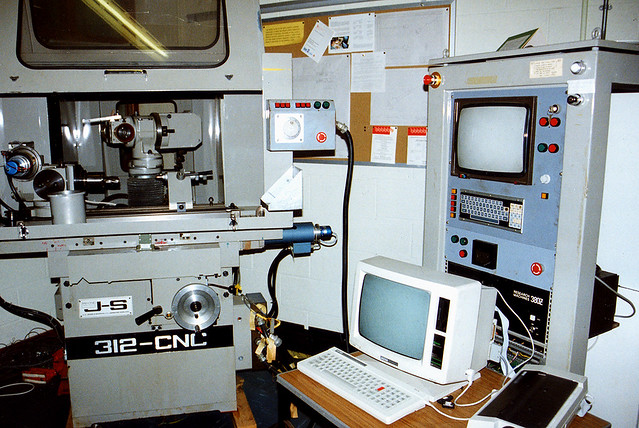I saw the movie Pacific Rim last weekend, which involved gigantic robots fighting ... gigantic monsters. I don't need much more of a sales pitch than that, even though the science of building a fully functioning robot and creating a neural memory-sharing link with two human co-pilots is never really explained. That doesn't matter when the commercial features Idris Elba cancelling the apocalypse in a rousing speech, seen below:
Unfortunately, Idris was unaware of the robots that have learned from their mistakes. The Terminator series didn't work out too well for them, and neither did The Matrix. They need a new strategy. So they are training to start flipping like Contra meets Sonic the Hedgehog and destroy us all. Observe.
The robot even sticks a perfect landing. All it needs to do is bow before mercifully exterminating the human race. I'm not sure what would scare me more - a mech or monster the size of a building, or a tiny robot that's flipping all over the damn place. Either way, we're goners. Nice knowing you.









